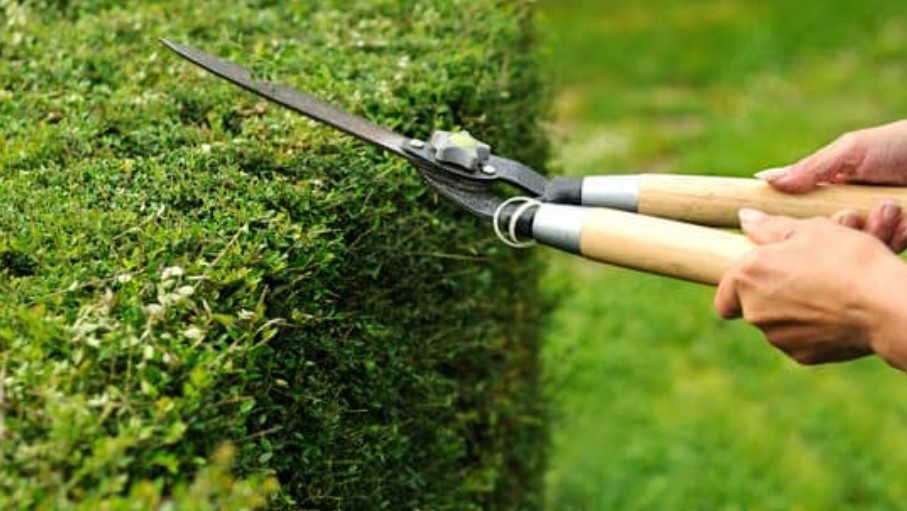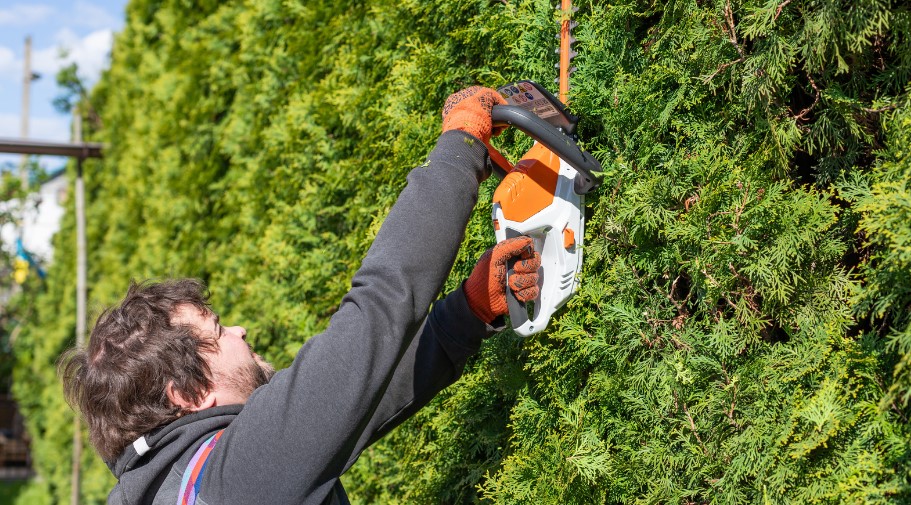Hedges often serve as a boundary between properties, providing privacy, aesthetic appeal, and even wildlife habitats. However, disputes can arise when one neighbour decides to trim or cut a hedge without the other’s consent. This raises a significant legal question: is it legal for your neighbour to cut your hedge without asking?
Understanding Hedge Ownership
First and foremost, it’s essential to determine the ownership of the hedge in question. In most cases, hedges are considered a shared boundary feature, meaning both neighbours have rights and responsibilities regarding its maintenance.
If the hedge is entirely on your property, your neighbour should not touch it without your permission. However, if it sits on the boundary line, both parties may have the right to manage its height and shape.
The Legal Framework

In the UK, several laws govern the cutting of hedges. The most relevant are:
- The Hedgerows Regulations 1997: This legislation protects certain hedgerows, especially those that are historic or have ecological importance. Neighbours should avoid cutting hedges that fall under these protections without consulting local regulations.
- The Party Wall Act 1996: If the hedge is part of a party wall, the act requires neighbours to inform each other before undertaking any work, including trimming or removing hedges.
- Common Law Rights: Under common law, a landowner can trim any branches or roots that encroach on their property but must be cautious not to cause harm to the hedge itself. Additionally, if the cutting significantly damages the hedge, the neighbour may be liable for any loss or harm.
What to Do if Your Hedge is Cut?
If you discover that your neighbour has cut your hedge without permission, there are steps you can take:
- Open Communication: Approach your neighbour and discuss the issue calmly. They may not have been aware of the legal boundaries or the hedge’s importance to you.
- Documentation: Take photographs of the hedge before and after the trimming to document any changes and potential damage.
- Seek Mediation: If discussions do not lead to a resolution, consider involving a third-party mediator to facilitate communication.
- Legal Action: As a last resort, you may need to seek legal advice or consider pursuing a claim in small claims court. This step is typically only necessary for significant disputes involving substantial damage.
Preventing Future Issues
To avoid future disputes, it’s a good practice to establish clear communication with your neighbours regarding property boundaries and hedge maintenance. Consider setting up a written agreement that outlines each party’s rights and responsibilities regarding the hedge.
If you find yourself facing the unfortunate situation where my neighbour has killed my hedge, it’s crucial to act swiftly to understand your rights and options. The law can be on your side if you approach the matter thoughtfully and with proper evidence.
In conclusion, while it can be distressing to discover that your hedge has been cut without permission, knowing your rights and the legal framework can help you navigate the situation effectively. It’s always best to foster good neighbourly relations and communicate openly to prevent such issues from arising in the first place.
Conclusion
Navigating the complexities of neighbourly disputes over hedge cutting can be challenging, but understanding your rights is key.
If your hedge has been trimmed without your consent, it’s essential to assess the situation, gather evidence, and communicate openly with your neighbour to find a resolution. Remember, the law offers protections regarding boundary features, and being informed can empower you to act effectively.
In cases where communication fails, consider mediation or legal action as viable options to restore your hedge and maintain your property’s integrity. By fostering clear dialogue and establishing mutual respect, you can help prevent conflicts and ensure that your outdoor space remains a source of enjoyment and privacy.
If you’re in the unfortunate position of thinking that “my neighbour has killed my hedge,” remember that you’re not alone—there are avenues for addressing the issue and protecting your rights.






More Stories
How Can You Reduce Lag for a Smoother Gaming Experience?
How to Make Friendship in Infinite Craft?: A Step-by-Step Journey
Lonavala’s Changing Landscapes | How the Seasons Affect the Views?